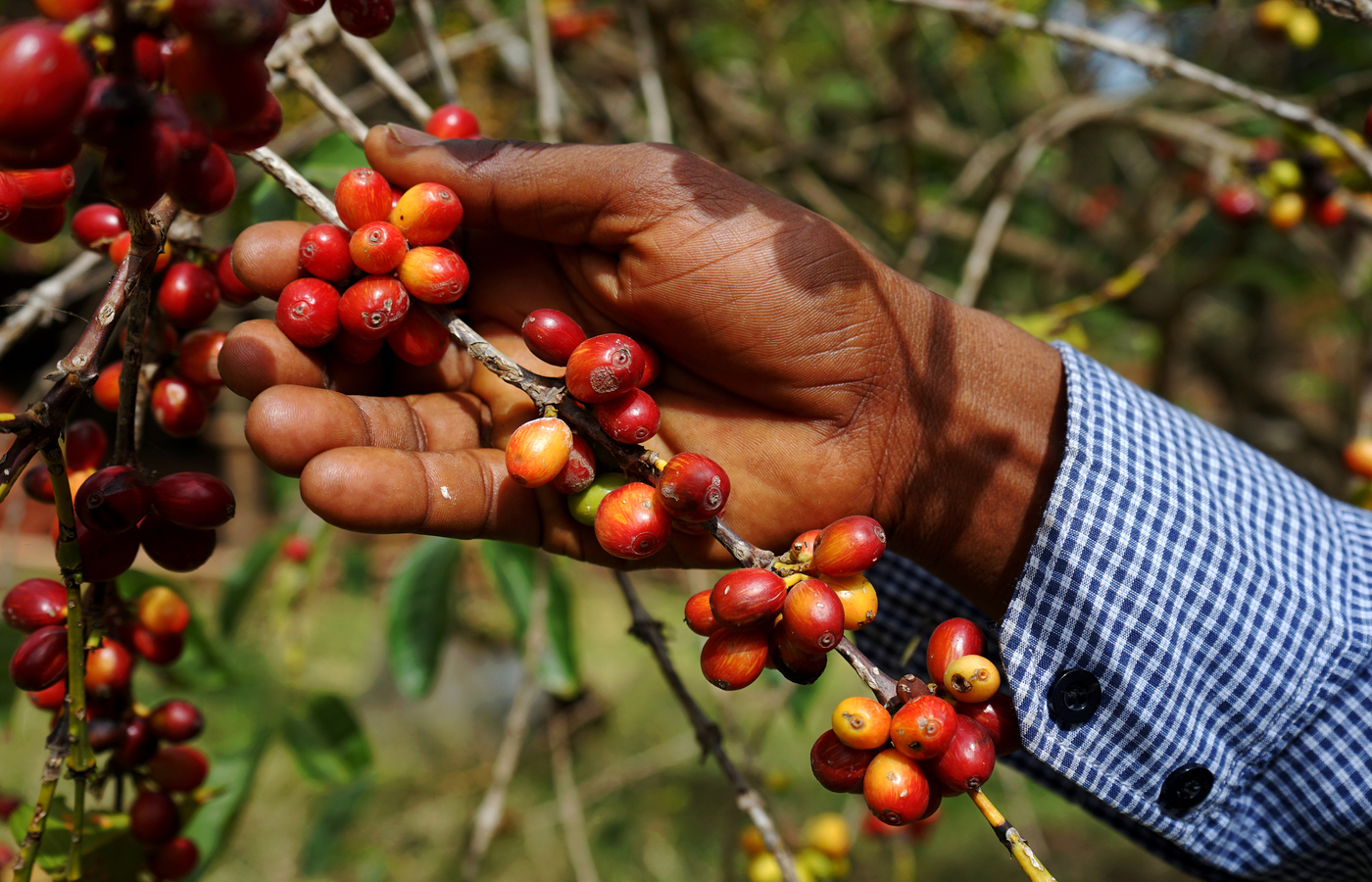Fitch Ratings’ cut of Ethiopia’s sovereign credit rating to just above default reflects the mounting risk that the country is running out of cash, as foreign exchange reserves dwindle to under a month’s worth of payments while delays in securing debt relief leave large financing gaps unplugged.
Fitch Ratings has downgraded Ethiopia's Long-Term Foreign-Currency Issuer Default Rating (LTFC IDR) to 'CC' from 'CCC-', citing a material decline in the country's external liquidity position and significant external financing gaps that have increased the risk of a default event.
In a statement, Fitch said "the 'CC' rating also reflects a probable risk of a default event that may result from the government's participation in the G20 Common Framework (CF) debt relief initiative, given the mechanism's guiding principle of comparable treatment for official and private creditors."
According to Fitch, Ethiopia's external liquidity situation will continue to deteriorate in the absence of a debt treatment under the Common Framework that reduces the country's large external debt servicing burden and facilitates renewed access to external financing.
The rating agency estimates sovereign external debt payments of $1 billion in the current fiscal year ending July 2024 and $2 billion in FY2025, while international reserves fell to just $1 billion in FY2023, less than one month of current external payments.
Projected sovereign debt service obligations, combined with around $1 billion in annual debt payments owed by Ethiopia's non-sovereign public sector, highlight the pressing need for external financing and debt relief.
However, Fitch notes "little progress" has been made under the Common Framework to reach an agreement on Ethiopia's debt treatment. Prolonged delays in securing new financing from the IMF and other multilaterals through an approved program "will lead to a further deterioration in external liquidity."
Fitch also cited Ethiopia's "structural external imbalances," estimating the current account deficit narrowed marginally to 2.9% of GDP in FY2023 "as import compression partly offset the significant fall in exports."
The rating agency believes the official exchange rate has been "limited" relative to the much sharper depreciation seen in the parallel market, suggesting "room for a sharper adjustment of the official exchange rate."
Domestically, Ethiopia is increasingly reliant on domestic financing from its banking sector amid dented external funding. Fitch forecasts interest payments on domestic debt will rise to 10.5% of government revenue in FY2024 as borrowing costs increase in line with interest rates.
Rising inflation, which averaged 32.5% in FY2023 according to Fitch, also presents economic challenges as the central bank tries to tighten monetary policy.
Looking at Ethiopia's ESG factors, Fitch highlighted that World Bank governance indicators incorporated in its sovereign rating model "have a negative impact on the credit profile" given the country's weak scores.
The rating agency also considers creditor rights highly relevant "as willingness to service and repay debt is highly relevant...and Ethiopia faces an increasing possibility of default."
Fitch said it would view a formal debt restructuring by Ethiopia or failure to pay private or public creditors as likely triggers for further negative rating actions.
The only factor identified as potentially leading to an upgrade was "stronger external finances" through policies and financing "that would provide satisfactory confidence that payments on the Eurobond would be timely honored."





